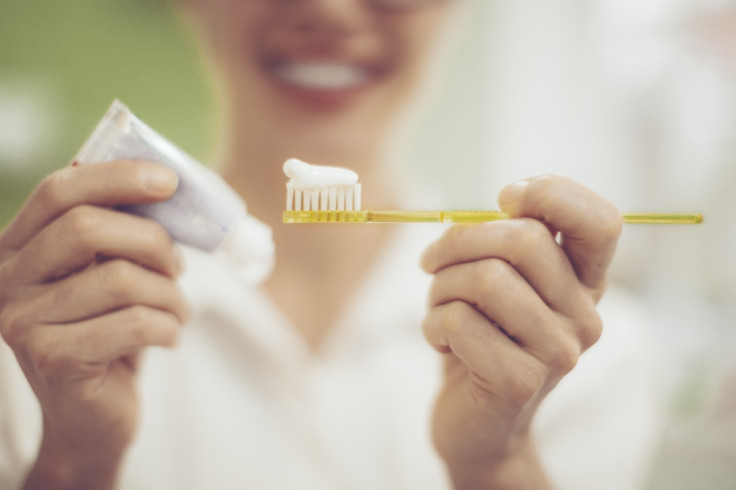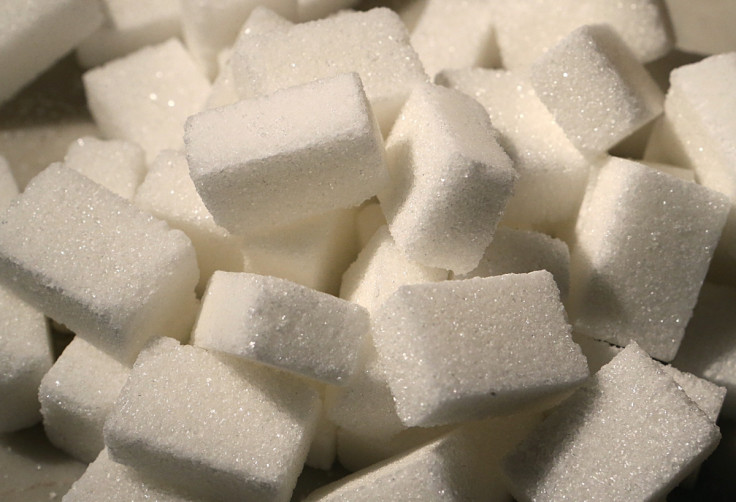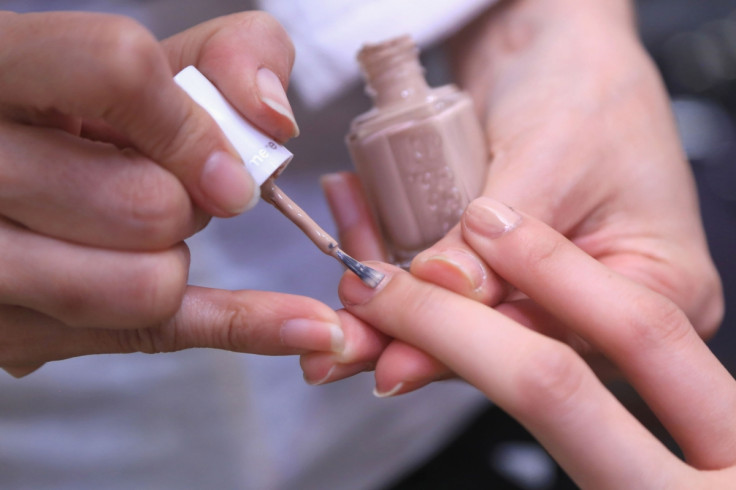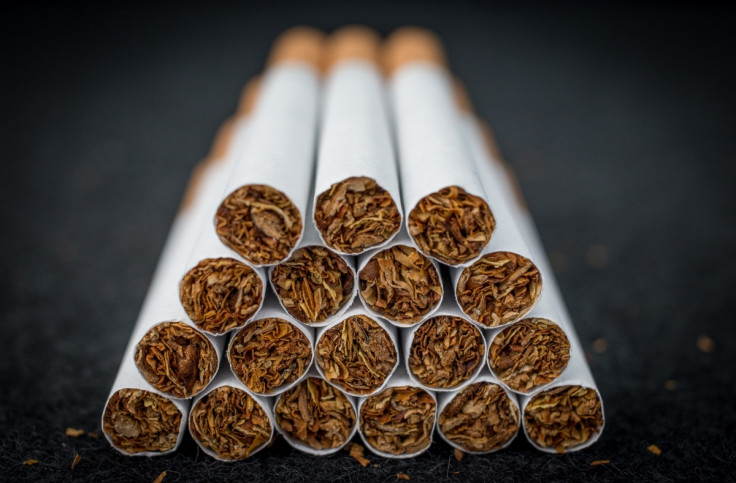Veggie month: 12 everyday things that contain bits of dead animals

Vegetarian and vegan diets are becoming more and more popular. Whether you're cutting out animal products because of cruelty in factory farming, the environmental impact of animal agriculture or simply as a lifestyle choice, abstaining from animal-derived products is much harder than it might seem.
Even if you're not going vegan, it's surprising the amount of products that need dead animals as part of their production. It took Dutch artist, Christien Meindertsma, three years to document everything that a single pig could end up being part of. Some are obvious - you'll be staying away from leather shoes and fur coats - but complicated and often convoluted production techniques for other items mean it's less easy to know which to cut out. Mostly, it's best to just find explicitly labelled cruelty-free products.
As March is Animal's Aid veggie month, here are some of the more surprising products that you'll need to make sure come with cruelty-free labels or don't include certain ingredients.
Sugar

Many types of sugar use bone char in their refining process. Bone char is a decolouriser, meaning it's used to give sugar its white colour - this doesn't mean it's only used for white sugar, many brown sugars use it and then colour the sugar afterwards. Bone char, as it sounds, is made from charring animal bones. Not all sugars use it in their process though and some large companies, like Tate & Lyle in the UK, have mostly animal free products.
Plastic bags
A number of plastics, including every day plastic shopping bags, use 'slip agents' that stop the polymers sticking together. These slip agents come from stearic acid, which often comes from animal fat. Not only is the dead animal a reason to stop use plastic bags, they are also horrific for the environment.
Toothpaste
Glycerine is a common ingredient in toothpastes - it can be animal or vegetable derived. Unfortunately, toothpastes will often simply say glycerine, without telling you what kind it is. There are plenty of resources online, particularly from each company - though, you still need to be wary, the majority of Colgate products are vegan-friendly but there are exceptions.
Fabric softener
Dihydrogenated tallow dimethyl ammonium chloride is a bit of a mouthful but it's one of the things that goes into making Downy fabric softer. And yes, it comes from animal fat. It's a part of why smells get locked into clothing - there are plenty of veggie, eco fabric softeners to give yourself that cleanly smell. Look for those labelled as such.
Fireworks

There are a number of animal-ish reasons to shun fireworks - the most well known being that every year a number of animals are injured by fireworks and thousands more are terrified by them. Fireworks are sometimes coated in stearic acid (the same thing in plastic bags) as it stops the metal powders from oxidising.
Perfume
The differing scents and ingredients of perfumes mean that it's hard to say which are and are not cruelty-free, so it's best to check up on individual fragrances. One thing to look for in vanilla scented perfumes is castoreum. Here's a fun fact: between a beaver's pelvis and tail (let's call it the butt area), is their castor sac, this sac secretes castoreum which the beaver mixes with urine to mark its territory. Here's another fun fact: castoreum smells a lot like vanilla.
Red sweets
Carmine is used in a lot of food as a red colouring - often, it is just listed under its e-number name E120. Carmine is made from crushed beetles, for example the cochineal. Beetles are dried, then crushed into a powder that's used to dye food red. Yum.
Nail Polish

Ever wondered why your nail polish or eye shadow was quite so shimmering and shiny? Fish scales. Pearl essence sounds nice, yeah? Fish scales. Guanine sounds like some kind of new, delicious guava juice, right? Fish scales.
Musical Instruments
Many wooden musical instruments use animal glue instead of synthetic glue. Animal glue is made from boiling down the connective tissue from animal bodies. Not all instruments use this so it's best to check with the company or maker.
Tires
Stearic acid again. Check to find out whether the release agent used by the manufacturer is animal derived stearic acid or not. As ever, the internet community is there to help - like this forum topic with a handy spreadsheet on animal-free bike tires.
Shampoo
A number of shampoo ingredients could either be animal or plant derived, go for products explicitly labelled as animal-free. Also, make sure they weren't tested on animals, as is sometimes the case.
Cigarettes

Another one to check, the myriad of chemicals that go into making your average pack is a dense list that can include castoreum (from beavers). Some cigarette filters have even been found to contain ingredients from pig's blood.
If you want to find a list of everything that comes from animals, take a look at PETA's impressive list of animal ingredients.
© Copyright IBTimes 2025. All rights reserved.





















